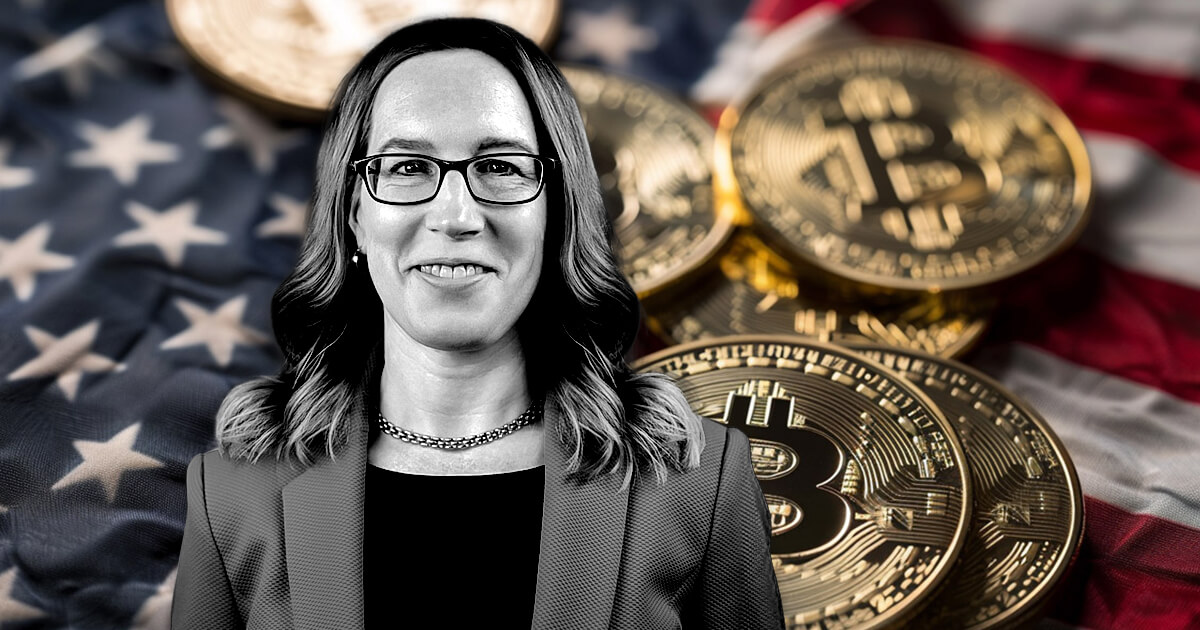US Securities and Exchange Commission (SEC) Commissioner Hester Peirce has raised ongoing concerns about the SEC’s Staff Accounting Bulletin No. 121 (SAB 121).
Peirce’s comments came after a Sept. 9 speech by SEC Chief Accountant Paul Munter, who affirmed that the Commission’s stance on SAB 121 remains unchanged.
SEC’s unchanged position
Munter emphasized that the SEC staff’s view on the controversial SAB 121 has not shifted, despite the growing attention around the regulation. He explained that the staff believes an entity must record a liability on its balance sheet to reflect its responsibility to safeguard digital assets held for others.
Munter stated this approach provides investors with timely and relevant information to assess the risks of safeguarding crypto on behalf of others.
He noted that some exceptions apply. For example, bank-holding companies that safeguard crypto with bankruptcy protection may not need to record liabilities. Additionally, broker-dealers facilitating crypto transactions but lacking control over cryptographic keys may be exempt.
Munter’s views align with the SEC’s position, which asserts that SAB 121 aims to enhance transparency and improve risk management in the fast-evolving crypto industry.
Despite these intentions, SAB 121 has sparked concerns within the industry as many view the regulation as an overreach by the SEC. US lawmakers voted to overturn the SEC’s guidance earlier this year, but President Joe Biden vetoed the repeal.
Peirce’s opposition
In response to Munter’s speech, Peirce took to social media platform X to reiterate her concerns about both the content and process of SAB 121. She urged others to share their thoughts on the policy with her via email.
Nate Geraci, president of the ETF Store, commented that the SEC seems resistant to allowing regulated financial institutions to custody digital assets.
He stated:
[The SEC] simply don’t want to provide regulated financial institutions [with the] ability to custody crypto. Apparently, [the Commission] prefer [the] company they allowed to IPO & then sued to custody vast majority of spot btc ETF assets.”



